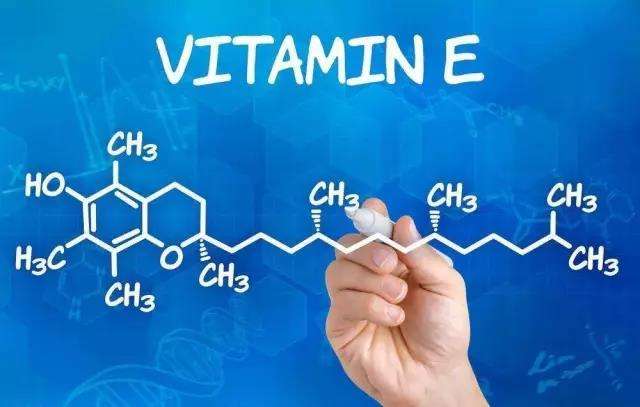

Skin is an important interface between our body and the environment, protecting the body from infection and inflammation. Vitamin is an essential element to maintain the life of the body, and is closely related to the skin and a variety of skin diseases. Let me talk about the relationship between several common vitamins and skin and skin diseases.

vitamin A
Vitamin A can maintain the normal function and structural integrity of our skin and mucous membrane, regulate the differentiation of skin epidermal cells, and maintain the health of epidermal cells. Dermatology common topical treatment of a variety of keratotic skin diseases, such as pityriasis rubra, peridermal keratosis, progressive symmetrical erythema keratosis, syringokeratosis, ichthyosis, squamous follicular keratosis and so on. It can also be used in the treatment of psoriasis, acne vulgaris, pigmented lichen planus, etc.
B vitamins
B vitamins are essential nutrients for the human body, but also a rich family, not only a large number of members, but also each with high ability. Dermatology often mentioned B group B1, B2, B6 and so on.
Vitamin B1 (thiamine): often known as the mental vitamin, closely related to the nervous system and endocrine system, can inhibit the activity of cholinesterase, reduce skin inflammation. It is commonly used in the treatment of eczema, dermatitis and various pruritic skin diseases. It is also effective in the treatment of photosensitive skin diseases, niacin deficiency, candidiasis, postherpetic neuralgia and lateral femoral cutaneous neuritis.

Vitamin B2 (riboflavin): it is an important coenzyme component of human flavinases. It participates in the metabolism of sugar, protein and fat, and also has the effect of antihistamine. When we lack riboflavin, the body is more sensitive to ultraviolet rays, and is prone to glossitis and angular stomatitis. It can also be used to treat seborrheic dermatitis, seborrheic alopecia, acne vulgaris, rosacea and perioral dermatitis.

Vitamin B6 (pyridoxine): it can enhance the function of epidermal cells and improve the metabolism of skin and mucous membrane. It is also the coenzyme of histaminase and has the effect of inhibiting histamine. Clinical application in the treatment of seborrheic dermatitis, pityriasis scalp, seborrheic alopecia, acne vulgaris, rosacea, eczema, neurodermatitis, prurigo gravidarum and gestational dermatosis. It also has good effect on cheilitis, niacin deficiency, photosensitive dermatitis and alopecia areata.
Folic acid, also known as vitamin B9. It is an important raw material for manufacturing red blood cells. It is involved in the process of cell division. It can be used for adjuvant treatment of psoriasis.


